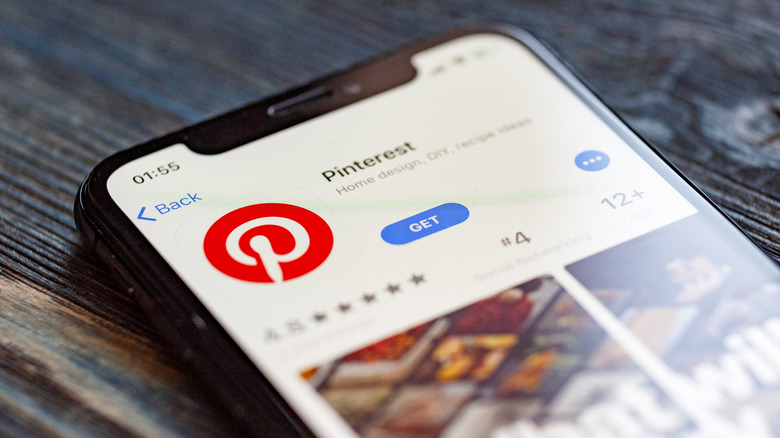Why You Should Be Wary Of Cancer Nutrition Advice Online
If you've ever searched Pinterest for recipes or nutrition specifically for cancer patients, chances are the information you found was false. According to US News & World Report, this alarming finding was made via a 2022 study published in the American Cancer Society Journals. The research was conducted in June 2020.
During the study, doctors looked up the phrases "cancer recipe" and "recipe for cancer" on Pinterest three times per day for two weeks. After removing duplicates, 103 pins were found. Doctors took into consideration any claims, such as cancer treatment, cancer prevention, or cancer cure, as well as nutrition claims, such as "turmeric cures cancer." Of those claims, 27.2% of pins were for cancer treatment, 41.8% for cancer prevention, and 10.7% for curing cancer. Based on what they found, 48.5% of pinners were looking to make a profit and 34% were actually selling a product. The phrases "anti-cancer," "cancer-fighting," and "cancer-busting" were also used in promotional efforts.
As a result, the doctors came to the conclusion that one-third of cancer-related pins on Pinterest made false claims and are after financial gain.
How to avoid being scammed
Tracy Crane is an associate professor at the University of Miami Miller School of Medicine and was also one of the study co-authors. She noted that health claims are inescapable and what makes them so dangerous is that the sources they're coming from aren't always reliable, nor are the claims themselves necessarily accurate (per US News & World Report). When the study was being conducted, the authors found one claim, in particular, to be especially disturbing. It stated that a "terminal cancer patient reverses disease with anti-angiogenic foods." The authors agreed that this isn't true.
She also said that it wasn't just patients being targeted — caregivers were also being targeted, especially for breast cancer. In terms of health-related qualifications, only 18% mentioned any.
Crane encourages people to think about health claims from the perspective of cancer patients. "They see buzzwords around these products and may automatically be inclined to purchase them," she told the news source, adding that providers need to talk to patients about misinformation online. "Patients want to find out all they can about their disease, but we need to be concerned for their internet hygiene." She recommends turning to credible sites like the American Cancer Society, the American Society of Clinical Oncology, and the American Association for Cancer Research.


